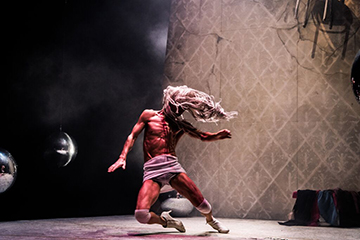by Janet Smith, Georgia Straight, on July 8th, 2020 at 4:39 PM
From the outset of pandemic lockdown, the Queer Arts Festival’s SD Holman decided that cancelling the event was not an option, and neither was laying off staff.
“I’m used to fighting. The whole queer community’s used to fighting,” the event’s artistic director tells the Straight. “If I had given up, it [the festival’s launch] wouldn’t have happened 12 years ago. And we’re nimble because of all that.”
RELATED STORIES
- Queer Arts Festival artistic director SD Holman selects highlights
- Queer Arts Festival’s SD Holman: I’m glad you’re queer, I’m glad you’re alive
The result is a 12th-annual multidisciplinary celebration that includes everything from streamed art tours and online performances to real-world art installations and a free zine.
The team flew into action to come up with a fest that could adhere to social-distancing measures in its own unique ways.
Jumping online was not straightforward for a festival in which some of the performers (including the nonbinary drag troupe the Darlings) have recently come up against censorship on streaming channels like Facebook.
“We’re always flagged right away, because queer is right in our name,” Holman says.
Instead, the fest has taken the huge leap of building its own streaming platform from its website (as well as broadcasting via traditional channels like Facebook). Programming like The Darlings, Uncensored and Too Spirited, by the Indigenous burlesquers of Virago Nation, will hit the airwaves.
So will Vancouver’s Vision Impure dance legend Noam Gagnon, with a retooled version at his gender-playing This Crazy Show (July 25 and 26)—a solo that the Holy Body Tattoo member has said will be his “swan song”.
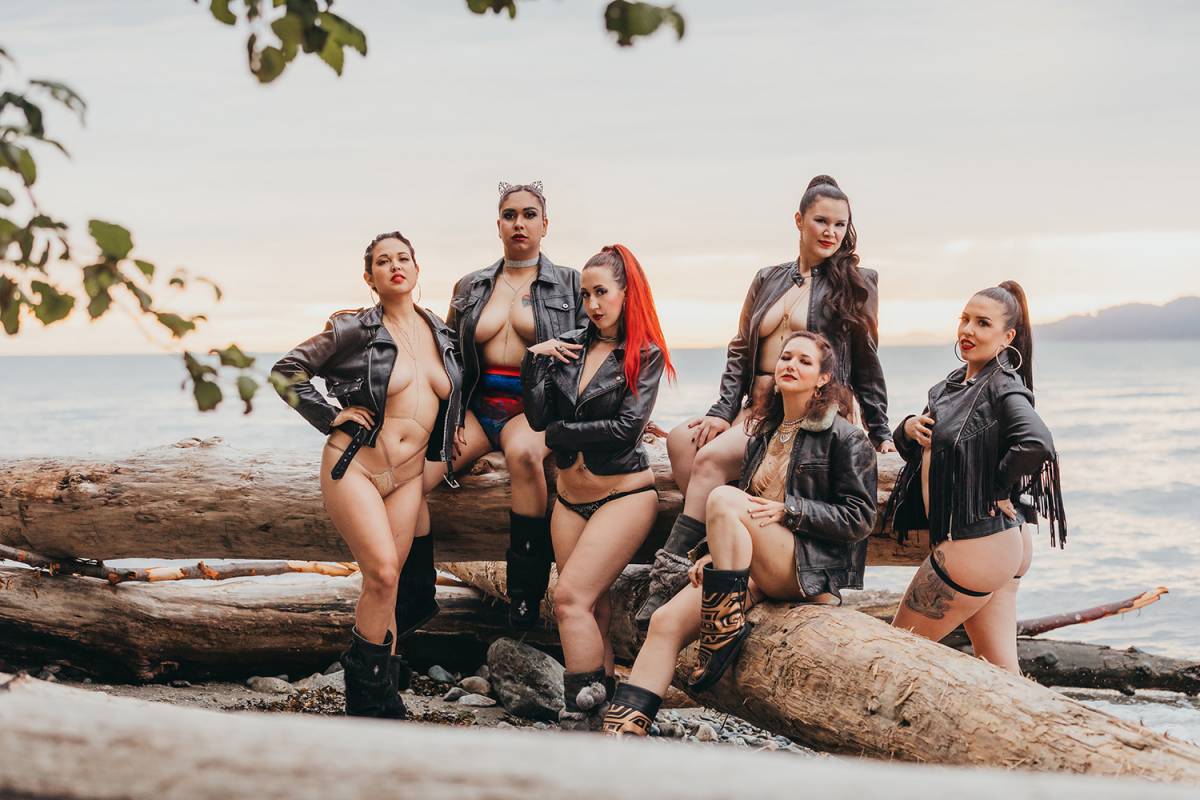
Originally intended to be performed live, the audacious, identity-shifting work now converts to video, complete with its wild, flailing platinum wig and high heels. Holman says the show plays well into QAF’s “Wicked” theme this year, a topic that pushes back against the mainstreaming of LGBTQ existence and homonormativity as both erasure and commodification.
“Queers have reached this place where it’s okay if it’s palatable,” Holman explains. “ ‘Wicked’ is all about that: when we get this acceptance, who is accepting us? And what is it contingent upon?”
Holman, a photographer, felt strongly the fest should have some tactile elements as well. Enter art installations everywhere from bus shelters to community arts screens, as well as an artful zine program guide that will go out to festivalgoers.
On opening night (next Thursday [July 16] from 5 to 7 p.m.), visual-arts curator Jonny Sopotiuk will head up an artists’ discussion and virtual tour of an art exhibit that will live on QAF’s digital hub for the run of the festival. He’ll be joined by participating local artists Tom Hsu and Tajliya Jamal and New York City forces Avram Finkelstein and Elektra KB.
Colombian-born Brooklynite Elektra KB brings their interactive “stateless, genderless passports” to the fest, converting its usual gallery installation “checkpoint” to a digital rendition.
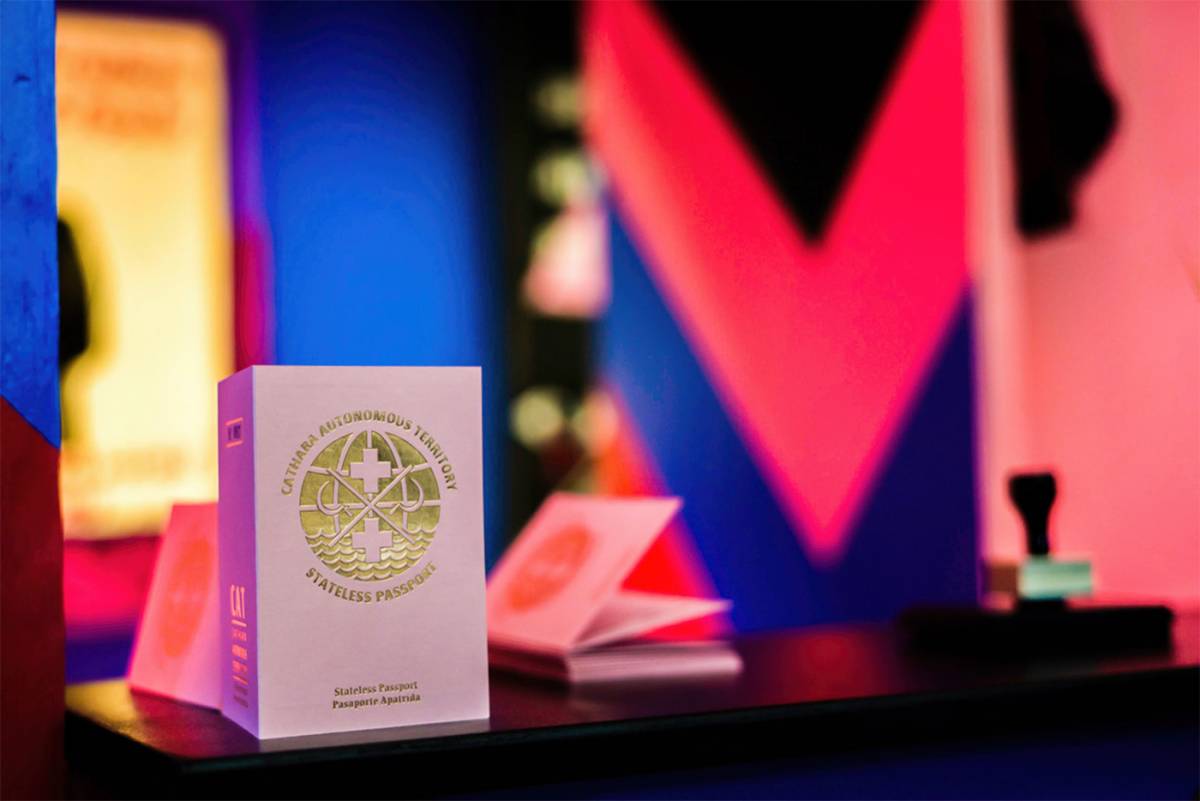
Sopotiuk tells the Straight that people can go online and remove associations with any nation states and the art, i.e. the physical ‘passports’, will be mailed to them. “This is a physical object that requires people to truly engage with our own complicity within these systems, and bringing this checkpoint online is really starting to tease out where is public space and how are systems of oppression taking place there now, especially online.”
Sopotiuk is equally excited about Finkelstein’s piece in the exhibit, a drawing he was working on when Sopotiuk went on a scouting trip to New York and met with him.
“He had had a stroke and was learning how to draw again,” he recalls of the renowned artist and AIDS activist who was a founding member of the Silence=Death and Gran Fury collectives, and who has work in the permanent collections of MoMA and the Whitney. “It’s a huge wall-sized piece, and Avram was in tears when he made it because he was in so much pain. Avram has been defined by his work with collectives, and to see him return to his personal art practice is so important on an individual and community level. I love that piece—it’s one of my favourite pieces ever.”

Finkelstein is also convening one of his “Flash Collectives” here—political interventions in public places he’s overseen around the world. For this COVID-ready rendition, he’s been bringing together his first-ever digital collective of nine local artists, meeting online; Sopotiuk hints the final work will take the form of an animation that aims to “recode the word queer”.
For the opening art party, Sopotiuk looks forward to talking more about their works and connecting QAF artists and audiences despite the enforced isolation of the pandemic. “I’m excited to be able to have a conversation with the four artists and talk about the world we’re living in,” he says, “We’ll look at work, talk about work, and really share those intimate pieces about their practice.”
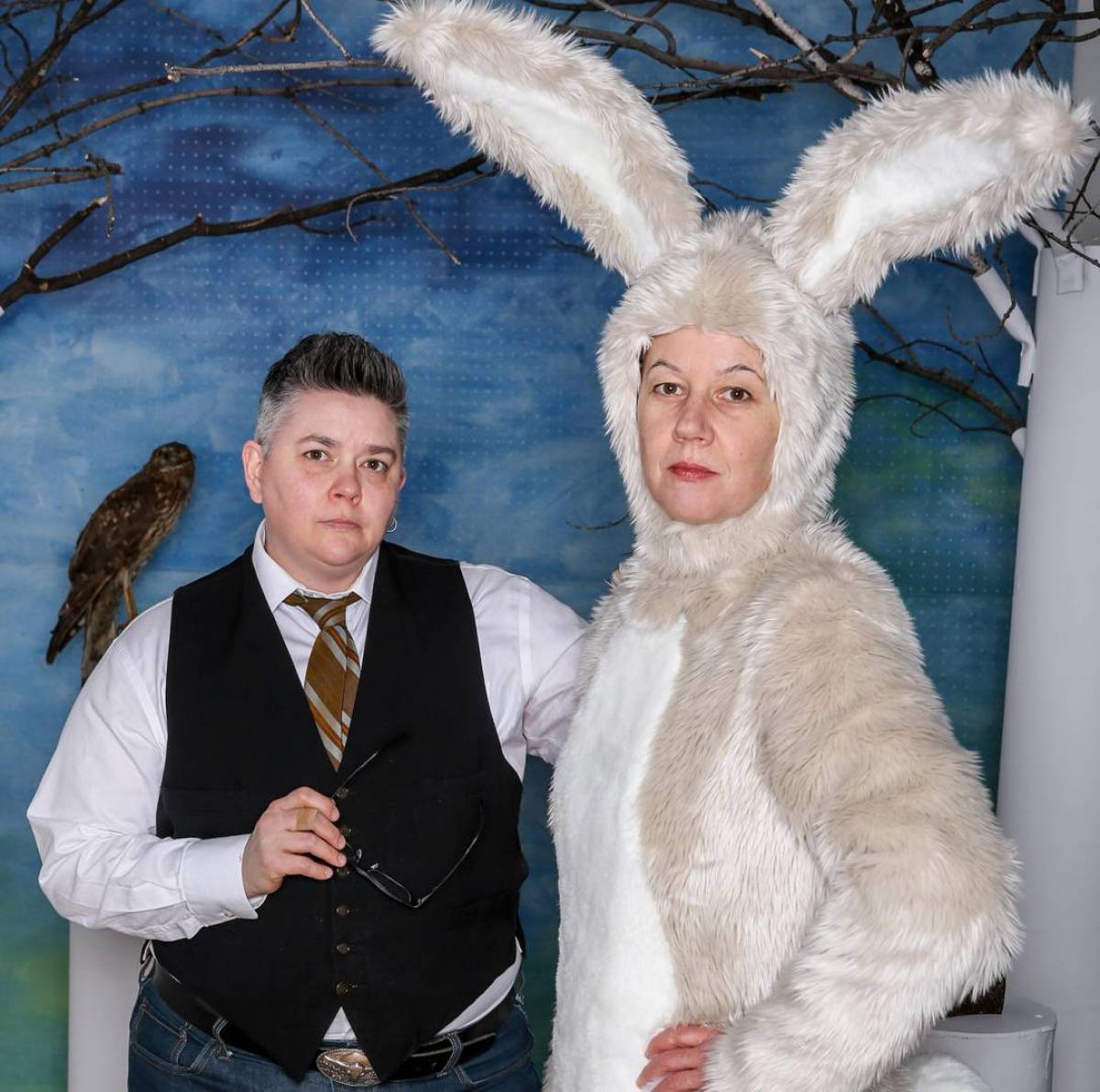
The Queer Arts Festival runs from next Thursday (July 16) to July 26. For more information, visit the website.
